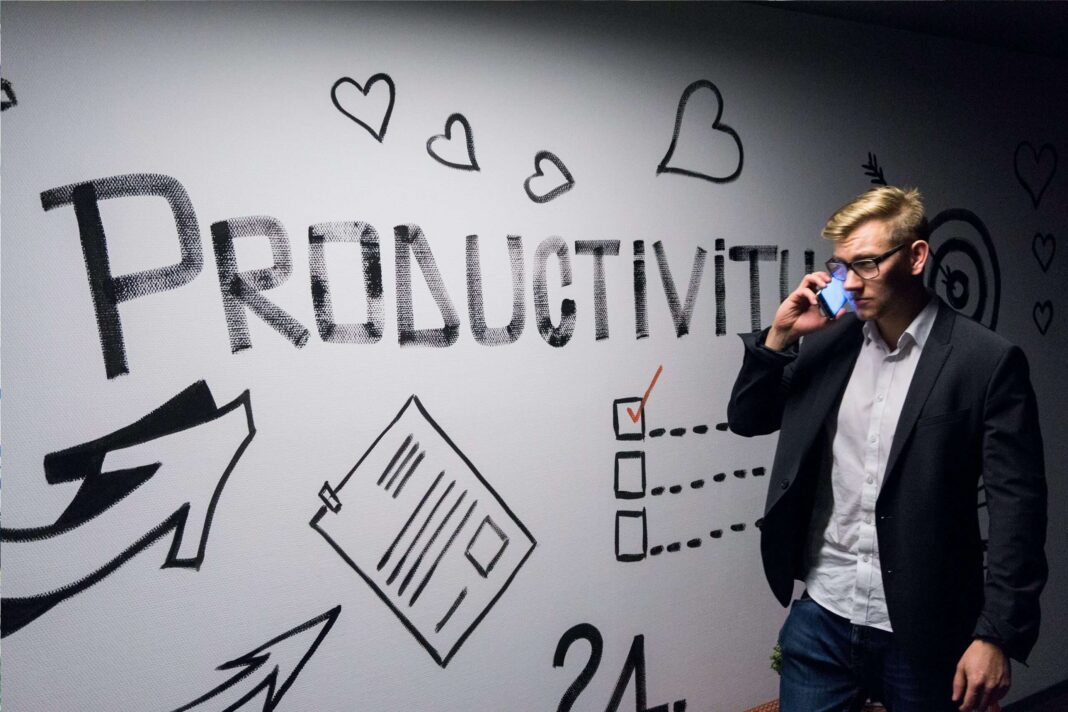As the demands of the modern workplace continue to increase, it’s easy to fall into the trap of working nonstop, believing that pushing ourselves to the limit is the key to success. However, research suggests that taking regular breaks throughout the workday can actually boost productivity, improve focus, and enhance overall well-being.
The Science Behind Breaks
Our brains have a limited capacity for sustained attention. When we work for extended periods without a break, our focus starts to wane, leading to decreased productivity and increased errors. Taking short breaks allows our brains to recharge and reset, enabling us to return to our tasks with renewed energy and concentration.
Studies have shown that brief breaks, as short as a few minutes, can significantly improve cognitive function. Whether it’s a quick walk around the office, a chat with a colleague, or simply closing your eyes for a moment of relaxation, these breaks give our brains the opportunity to rest and recover, leading to increased creativity and problem-solving abilities.
The Benefits of Regular Breaks
1. Increased productivity: It may seem counterintuitive, but taking regular breaks can actually make us more productive. By stepping away from our work, we give our brains the chance to process information and make connections that may have been missed while in a state of constant focus. This can lead to fresh insights and innovative solutions.
2. Improved focus and concentration: When we work for long stretches without a break, our attention becomes divided, making it difficult to stay focused on the task at hand. Taking breaks allows us to reset our attention, making it easier to concentrate and maintain productivity throughout the day.
3. Enhanced creativity: Taking breaks provides an opportunity for our minds to wander and explore new ideas. Research has shown that when we engage in activities unrelated to work during our breaks, such as taking a walk or listening to music, it activates different areas of the brain associated with creativity. This can lead to fresh perspectives and innovative thinking.
4. Reduced stress and improved well-being: Working without breaks can lead to burnout and increased stress levels. Taking regular breaks allows us to step back from our work, relax, and recharge. This can help reduce stress, prevent mental exhaustion, and improve overall well-being.
Tips for Effective Breaks
1. Schedule your breaks: Set specific times for breaks throughout the day and stick to them. This will help you establish a routine and ensure that you consistently take time away from your work.
2. Disconnect from work: During your breaks, try to disconnect from work-related tasks. Avoid checking emails or engaging in work-related conversations. Instead, focus on activities that help you relax and recharge.
3. Move your body: Physical activity is a great way to rejuvenate your mind and body during breaks. Take a short walk, stretch, or engage in light exercise to get your blood flowing and increase energy levels.
4. Engage in activities you enjoy: Use your breaks as an opportunity to engage in activities that bring you joy or help you relax. Whether it’s reading a book, listening to music, or practicing mindfulness, choose activities that help you recharge and refocus.
Remember, taking regular breaks is not a sign of laziness or lack of dedication. It’s a strategic approach to maintaining productivity, improving focus, and promoting overall well-being. By incorporating regular breaks into your workday, you’ll find yourself more energized, focused, and ready to tackle any challenge that comes your way.








